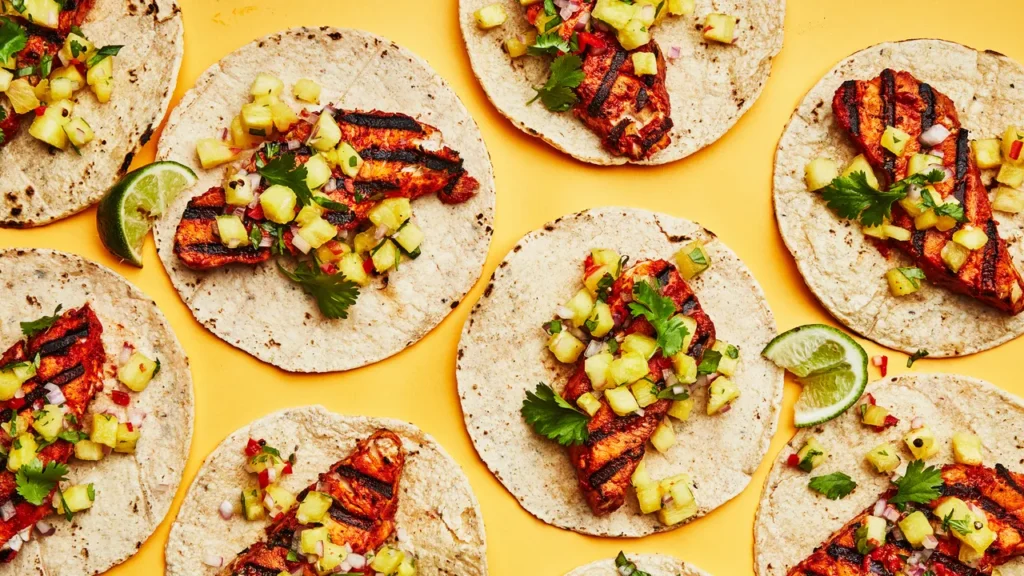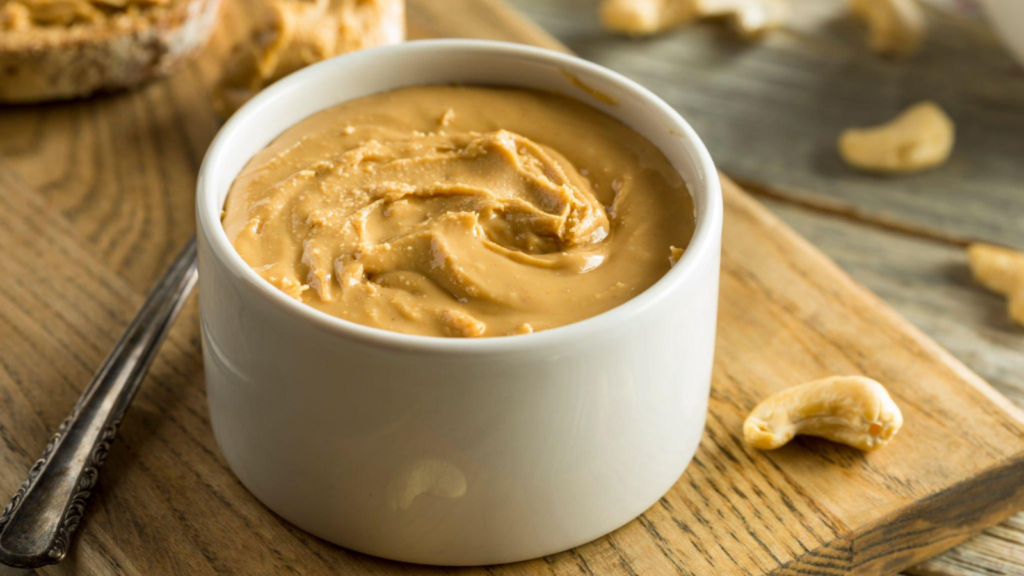Corn tortillas are a staple in many diets, especially in Latin American cuisine. But the question remains: are corn tortillas healthy? This article dives deep into the nutritional aspects of corn tortillas, their health benefits, potential drawbacks, and how they fit into a balanced diet.
What Are Corn Tortillas?
Corn tortillas are made from masa harina, a type of corn flour treated with lime. This process, called nixtamalization, enhances the nutritional profile by increasing calcium levels and improving the digestibility of the corn.
Nutritional Profile of Corn Tortillas
Corn tortillas are relatively low in calories and high in fiber. Here’s a quick breakdown of the nutritional values:
| Nutrient | Amount per 100g |
|---|---|
| Calories | 218 |
| Carbohydrates | 46g |
| Protein | 5g |
| Fat | 1g |
| Fiber | 6g |
| Calcium | 18% of RDI |
| Iron | 6% of RDI |
Are Corn Tortillas Healthy?
To answer the question, are corn tortillas healthy, we must consider various factors, including their nutritional content, how they fit into dietary patterns, and individual health needs.
Health Benefits of Corn Tortillas
Corn tortillas offer several health benefits that make them a nutritious choice for many:
- High in Fiber: Corn tortillas are an excellent source of dietary fiber. Fiber promotes digestive health, helps regulate blood sugar levels, and contributes to a feeling of fullness, which can aid in weight management.
- Gluten-Free Alternative: For those with gluten intolerance or celiac disease, corn tortillas provide a delicious gluten-free option. They can be used as a substitute for wheat-based products in various recipes.
- Rich in Essential Nutrients: Corn tortillas contain essential vitamins and minerals, including calcium and iron. The nixtamalization process enhances the bioavailability of these nutrients, making them easier for the body to absorb.
- Low-Calorie Option: At around 50-60 calories per tortilla, corn tortillas can be a calorie-conscious choice. They can be included in a variety of meals without significantly increasing calorie intake.
- Versatility in Cooking: Corn tortillas are incredibly versatile. They can be used in tacos, enchiladas, quesadillas, and more. This versatility makes it easy to incorporate them into a balanced diet.
Potential Drawbacks of Corn Tortillas
While there are many benefits, it’s also important to consider some potential drawbacks:
- High in Carbohydrates: Corn tortillas are primarily composed of carbohydrates. For individuals following a low-carb diet, this may be a concern. It’s essential to balance your carb intake with proteins and fats.
- Possible Additives: Some commercially produced corn tortillas may contain preservatives, additives, or unhealthy fats. Always check the ingredient list when purchasing tortillas to ensure you’re getting a wholesome product.
- Portion Control: It’s easy to overindulge in tortillas, especially when they are served with rich fillings or sauces. Practicing portion control is crucial to avoid extra calorie intake.
How to Incorporate Corn Tortillas into Your Diet
Here are some creative ways to enjoy corn tortillas while maximizing their health benefits:
- Tacos with Lean Proteins: Fill corn tortillas with grilled chicken, fish, or beans. Add fresh veggies and salsa for a nutritious meal.
- Healthy Quesadillas: Use corn tortillas to make quesadillas with low-fat cheese and plenty of vegetables. This makes for a balanced snack or meal.
- Breakfast Tacos: Start your day with breakfast tacos. Scrambled eggs, avocado, and salsa in a corn tortilla offer a protein-packed breakfast.
- Baked Tortilla Chips: Cut corn tortillas into triangles, bake them until crispy, and serve with homemade salsa or guacamole for a healthier snack option.
- Soups and Stews: Tear corn tortillas into strips and add them to soups or stews as a thickening agent. This adds flavor and texture.
Real-Life Examples
Let’s look at how real people incorporate corn tortillas into their diets:
- Maria, a Fitness Enthusiast: She uses corn tortillas in her post-workout meals, filling them with lean turkey and lots of veggies. This helps her maintain her energy levels without excess calories.
- John, Who is Gluten-Intolerant: After discovering he couldn’t tolerate gluten, he replaced bread with corn tortillas. He enjoys them with various fillings, ensuring he meets his nutritional needs without discomfort.
- Emily, a Busy Mom: She makes quick dinners by using corn tortillas for tacos. They can be prepared in under 30 minutes and are a hit with her kids.
Are Corn Tortillas Healthy for Weight Loss?
Yes, corn tortillas can be a healthy choice for weight loss when consumed in moderation. They are lower in calories compared to flour tortillas, typically containing about 50-60 calories each. High in fiber, they promote satiety and help you feel full longer, which can prevent overeating. Additionally, corn tortillas are versatile and can be filled with nutrient-dense ingredients like lean proteins, vegetables, and healthy fats, making them a balanced meal option. However, portion control is essential to ensure they fit into your overall calorie goals. Enjoy them as part of a varied diet for optimal results.
Are Corn Tortillas Healthy for Diabetics?
Corn tortillas can be a healthy option for individuals with diabetes when consumed wisely. They have a lower glycemic index compared to many refined carbohydrate foods, meaning they cause a slower rise in blood sugar levels. Additionally, corn tortillas are high in fiber, which helps improve blood sugar control and promotes satiety. Choosing whole grain or minimally processed varieties can enhance their nutritional value. However, portion control is crucial, as excessive carbohydrate intake can still impact blood sugar. Pairing corn tortillas with lean proteins and non-starchy vegetables can create a balanced meal suitable for a diabetic diet.
The Bottom Line: Are Corn Tortillas Healthy?
In conclusion, corn tortillas can be a healthy addition to your diet when consumed in moderation. They are high in fiber, offer essential nutrients, and are gluten-free. However, it’s essential to be mindful of portion sizes and the ingredients in commercially produced tortillas.
Key Takeaways
- Nutrient-Rich: Corn tortillas provide fiber, calcium, and iron.
- Versatile: They can be used in various dishes, making them easy to incorporate into meals.
- Mindful Consumption: Keep an eye on portion sizes and ingredient lists for the healthiest options.
By understanding the nutritional profile and benefits of corn tortillas, you can make informed decisions about including them in your diet. So, the next time you ask yourself, are corn tortillas healthy, remember that they can be a nutritious, delicious choice when prepared and consumed wisely.
FAQs
Are corn tortillas better than flour tortillas?
Generally, corn tortillas are lower in calories and fat compared to flour tortillas. They also offer more fiber and are gluten-free, making them a healthier choice for many people.
Can I eat corn tortillas if I’m on a low-carb diet?
Corn tortillas are relatively high in carbs, so those on a strict low-carb diet may want to limit their intake. However, enjoying them in moderation can still fit into a balanced diet.
How should I store corn tortillas?
To keep corn tortillas fresh, store them in an airtight container in the refrigerator for up to a week. For longer storage, freeze them, and they can last for several months.
What is the best way to heat corn tortillas?
To heat corn tortillas, you can warm them on a skillet for about 30 seconds on each side, or you can wrap them in a damp paper towel and microwave for about 15-20 seconds.
Can corn tortillas be part of a weight-loss diet?
Yes, when consumed in moderation and filled with healthy ingredients, corn tortillas can be part of a weight-loss diet. They are low in calories and can help you feel full due to their fiber content.
By considering these factors and incorporating corn tortillas wisely into your meals, you can enjoy their delicious taste while reaping their health benefits.


